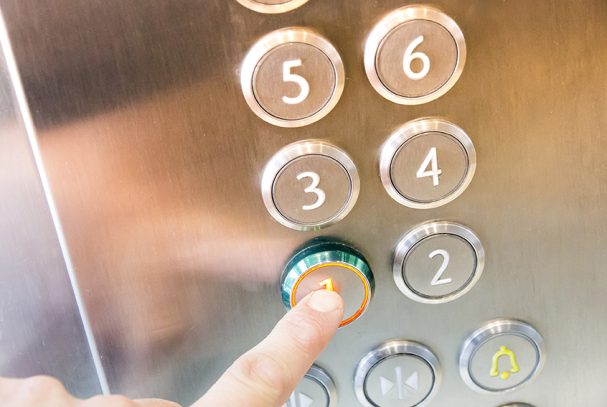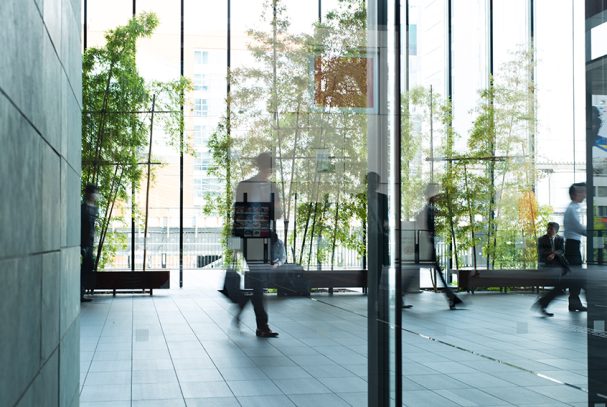Demos Helsinki and Granlund are organising a Hackathon on 4 May relating to behaviour, energy efficiency and built environment. The event is meant to produce quick solutions that can be used to push users of old office buildings to behave in a more energy-friendly manner. The end solutions will be available to every participant. Granlund is taking part in this event to find and test innovations that might improve the Granlund Manager software’s services. The event is a part of the international Smart Retro Project that seeks to reduce the emissions from existing buildings by experimenting with innovative services and solutions.
A joint effort between coders, and behaviour and energy experts
A total of 24 energy, IT and behavioural science experts are taking part in this Hackathon. The main goal is to quickly develop lightweight tools that can be used to change behaviour so that the buildings’ users consume less energy. A practical solution could be a contest that promotes using the stairs instead of the lift. On 4 May, you can follow the event’s progress on Twitter with the #behaviourhack hashtag during the afternoon, and the results will become available during the month of May.
”For the first time in Finland, we’re bringing the behaviour and energy experts and the coders together,” says one of the organisers, Mikko Annala, a researcher for Demos Helsinki. ”The point isn’t to make complete solutions right away, but to use the expertise to get lots of things started quickly.”
Behaviour often goes unnoticed when talking about a building’s energy efficiency. Different applications for behavioural change can make way for significant energy saving possibilities – the United Kingdom, for example, ran an experiment at government buildings that reached an energy savings rate of 10 percent by using behaviour-centric methods. The benefits of such changes may be most relevant for older buildings that don’t have smart solutions as a rule and where their installation would require a larger investment.
What is Smart Retro?
The Smart Retro project is about finding new ways and co-operation models for developing urban areas with smart, sustainable services. For the past year, Smart Retro’s wide, environmental co-operative group has been developing new urban services. Ten new experimental services have been launched during spring 2015. Smart Retro, a think tank led by Demos Helsinki, is a part of the Nordic Built initiative.
Further information:
Ken Dooley
Group manager, Environment
Granlund Oy
tel. +358 50 315 2417
firstname.lastname@granlund.fi
@KenDooley
Mikko Annala
Researcher / demoshelsinki.fi
+358 40 778 6062
Skype: mikko_annala
fi.linkedin.com/in/mikkoannala/
http://twitter.com/mikkoannala



